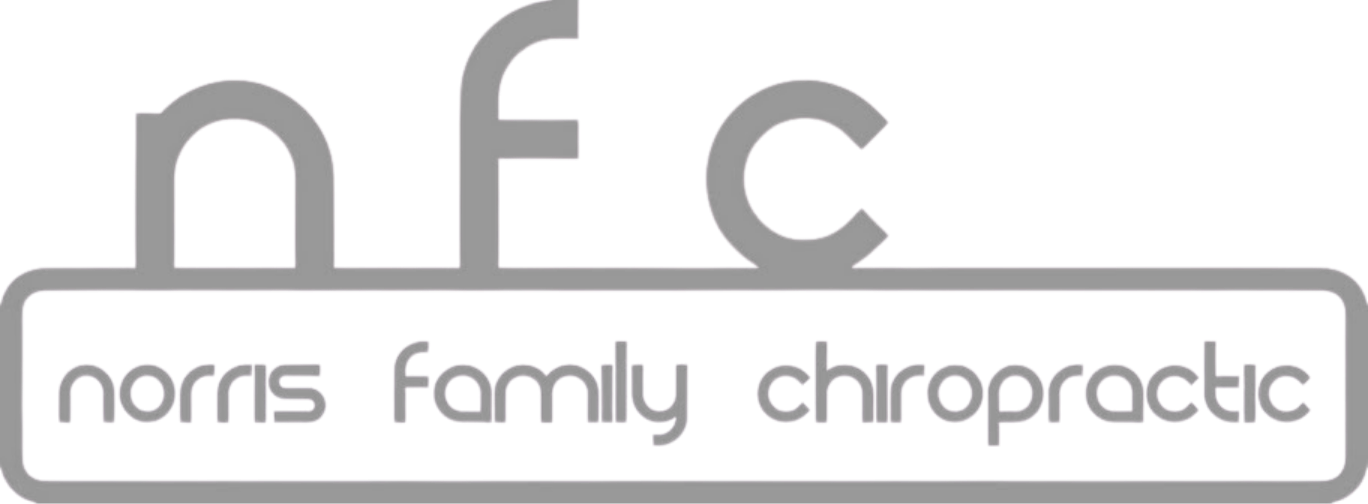Stressing to Make Change
There is no shortage of articles about managing stress during the holidays. Lots of commercials on TV seem to play to the idea of the stressed shopper or caretaker who could benefit or find relief from whatever product is being marketed. Similar to shopping lists, tips for coping with stress might include simple things like say no to certain commitments or take a bath or a time out. While these things may be helpful, there are more lasting things to put on a list. We would like to suggest that you make changes in how you perceive stress and how you manage it by making friends with it. Managing stress is really about managing your energy. Stress has negative connotations, energy is neutral.
When we discuss stress with our patients and clients, many will identify physical and emotional manifestations, things they notice in their bodies such as aching or stiffness, and things they are feeling such as sad, lonely, or angry. Despite these signs and symptoms, many folks will say “but I’m not stressed!” Let us break the news gently- we are ALL stressed. If your heart rate ever increases, you will have stress. We don’t want to be stressed, or rather feel upset. More often than not, when people say they are stressed, they are having difficulty managing energy: thoughts, emotions, physical body.
This world moves quickly and we tend to get wrapped up in schedules, meetings, and expectations. The holidays, for some, seems to add to the weight of responsibilities. This isn’t necessarily bad. Maybe it demands more energy, and if you are not adapting to the increased demand, you may start to feel upset or stressed. You might feel stuck or your body will start to talk differently. For some, the adaptation to the added demand for energy can feel natural while others get stuck in the process. The physical and emotional effects of unmanaged energy or stress, when left unaddressed, will eventually affect our internal homeostasis and organ systems as well as our external homeostasis in relationships with others.
Changes in thinking and activity get attention, remember that stress also comes from emotions and our perceptions of them. It comes from feeling frustrated, sad, angry, etc. and then perceiving the emotion as bad, uncomfortable, or something to hurry up and get rid of in order to get back to some ongoing mythical happy place. Rather than really feel our emotions, noticing them in a very mindful way, or be present to the ones that are uncomfortable, we tend to do something else in order not to feel. We distract ourselves. Shopping, eating, drinking, facebooking, baking can all be fun activities, even exercising, and they can also be distractions that serve to numb uncomfortable feelings that arise. In the meantime those feelings are held in the body, waiting to be processed. Left unprocessed, they create discomfort or stress that manifests in a myriad of ways. Over longer periods of time, they create louder discomforts, louder imbalances.
So how do we manage energy, cope well, and stay unstuck? Most of our responses are intuitive and fluid, even without thinking or control at times. We cope and just keep going without efforting too much. We can cope with what we perceive as stressful situations in all sorts of ways, some helpful, some not so helpful. If you are coping in unhelpful ways, you might notice pain in your body and mind to varying degrees. If you want to reduce pain, you might decide to make some changes in your routines, changing how you manage your energy (thoughts, emotions, physical body).
If you like to-do lists and the structure they provide, here’s a list that gives suggestions of mind-body-spirit practices that will help you manage your energy. Combining different ways to bring awareness to your body and mind and practicing this awareness often may seem simple, but not easy. The diligence you give to it will pay off with more energy during the holiday. Manage holiday demands in these ways: Be aware, Move, and Feed.
Be Aware
Use awareness the next time you feel stressed. Pay close attention to what happens to your breathing, your muscles, your body and mind. Do you reach for food? Do you flee? What do you think about? What emotions arise? Use your breath to create awareness of the thoughts in your mind, especially thoughts about emotions. This is a gift to your body. Recognizing that you are in a stressful or high energy demand situation, you can talk to your body, letting it know that it isn’t alone. This awareness of your mind/thoughts and body/emotions connects them as partners in this process of coping. Knowing how you are responding to stress gives you the ability to make changes if what you are doing, thinking, or feeling isn’t working for you.
Noticing your emotions is an action and is enough. You don’t have to move your body, you don’t have to go anywhere, you don’t have to talk about it. You simply stop and pay attention for as long as needed. You put your attention on what you are feeling, what is happening in your body, and what thoughts are running through your mind as an observer. What is happening inside of you? Just notice and then let your observations either lead you to more noticing, to quiet and doing nothing, or to doing something about it or some other task. It is very simple, but not easy. Many people have difficulty stopping to notice what they are feeling in any given moment, the default seems to be think, think, think, or go, go, go action. Over time, the more you stop to notice your feelings as they arise, you may feel more clear or light as you are processing them along the way. You give them valid voice so they don’t turn to those louder discomforts in your body or a barrage of thinking that feeds a cycle of more stress.
To expand your ability to be aware more of the time, it can be helpful to engage in practices that help you connect to the present moment, and connect mind, body, and emotions. Yoga, meditation, or sitting quietly are helpful ways to practice reminding your mind that you are here for your body. It gives time for your mind and body to converse, listening to your emotions.
Move
People who move, hurt less. This is true in our observations with patients/clients and there is ample research to support this. Take a walk, choose the stairs, go running, do strength work, or do some stationery kick boxing. As you move, endorphins are released from your brain and these are powerful natural relaxants for the mind and body. Stressors and adaptations to them stop, even if momentarily, when the endorphins are flowing. This gives you a break and some time to recover. The more you make moving a regular part of your routine, the more you manage your energy. By connecting with your body, you connect with thoughts and feelings, as long as you are aware.
Feed
Eat food. Not too much. Mostly plants, says Michael Pollen. Diet is not a helpful word but most food plans out there will be effective if you eat more veggies! When we feed our bodies good nutrients, they will perform and adapt to stress for us much better. There is not a one way ticket to good nutrition, you have to pay attention to your body and use good sense and science. Being aware of your body’s energy and how it responds to certain foods is another part of managing stress. Additionally, feed yourself with good relationships, with meaningful activities, meaningful work, and constant learning about things in which you are interested. These are all ways to feed, ways to add to or deplete your energy.
This holiday season, we would like you to give yourself the gift of presence to your experience- thoughts, emotions, and physical body. Embrace them with a big holiday hug and give your full attention and some time to notice what you are really feeling at any given time. Especially when you anticipate stress, such as in response to family gatherings, or paying bills, stop and notice with full attention what is going on in your body, what you feel, how you feel, and where you feel it. This is a gift that will certainly keep giving you more insight into yourself, and quite possibly birth a new you.
Dr. Allison K. Norris, is a chiropractor practicing in the Lakewood, OH area for the past 10 years. Her focus in practice is on the entire family from birth to the aged. She thoroughly enjoys teaching her patients about health in a variety of ways including: chiropractic, nutrition, massage, exercise, and acupuncture/energy work. She also lives in Lakewood with her husband, 3 kids, and dog.
Darla Sedlacek, Ph.D. is a Psychologist, Fitness Trainer, Coach, and avid athlete. Dr. Darla provides an array of services to adults and youth. She addresses sport performance enhancement, energy management, weight and body image, obesity, recovery from injury, mood and anxiety disorders, adjustment issues, spiritual development, relationships, family issues, grief and loss. She was faculty at Cleveland State University in the Health, Physical Education, Recreation, and Dance Department and the Counseling Department.


